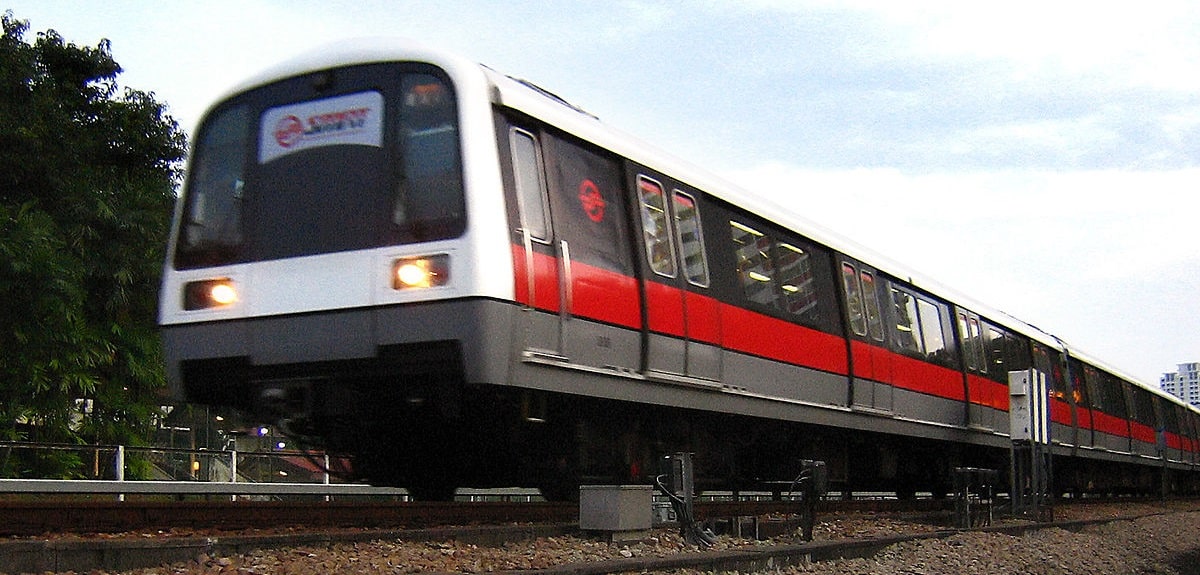The Government will pilot designated priority cabins for vulnerable commuters, which are meant for seniors, persons with disabilities and families with your children, on one of the rail lines, the Senior Parliamentary Secretary for Transport Baey Yam Keng announced during his Committee of Supply speech on Thursday (Mar 7).
The minister said that other commuters are encouraged to give way to them in these cabins, which will be located near the station lifts where possible.
He then noted that a stroller restraint system will be progressively installed on all buses by 2020, after the one-year trial on SBS Transit bus service 69 in June 2017 received “positive feedback” as part of plans to make the transport infrastructure more user friendly for various segments of the society, in which parents and caregivers are encouraged to use the restraint system in addition to holding on to their strollers throughout the journey.
According to the Land Transport Authority (LTA), the system consists of two slots for insertion of the side handle of stroller, as well as a retractable seatbelt, to secure the stroller. The child should be seated with the stroller’s seatbelts fastened.
It added that a forward-facing stroller should use the slot closer to the front of the bus, while a backward-facing stroller should use the slot closer to the rear of the bus.
Mr Baey then said that all new taxi stands will also be designed to be without barriers.
He noted that the ministry wants to make information such as bus service numbers and bus stop destinations more accessible for members of the public with disabilities.
The minister then cited example of a trial held by LTA in January this year on a mobile app, the Mobility Assistance for the Visually Impaired and Special Users (MAVIS), which provides audio announcements both on the bus and at the bus stop to commuters with special needs.
The trial started with three buses on Service 139, which serves the Enabling Village. However, he added that they will be redeployed to Service 141 in May as it serves the Singapore Association of the Visually Handicapped.
Mr Baey said that his ministry will consider users’ feedback and evaluate the feasibility of providing such assistive tech on more public buses.
Mr Baey noted that this is in addition to the commitment to make all public buses wheelchair accessible by 2020.
He said that one of the strategies put forward by the Land Transport Master Plan advisory panel is to design an inclusive land transport infrastructure. Efforts on this front are already underway such as making all MRT stations and bus interchanges barrier-free.
According to the minister, his ministry had also completed a five-year programme to add 200 km of sheltered walkways to make walking to public transport nodes more convenient with more than 60 new MRT stations underway, another 100km of sheltered walkways will be added by 2029.






